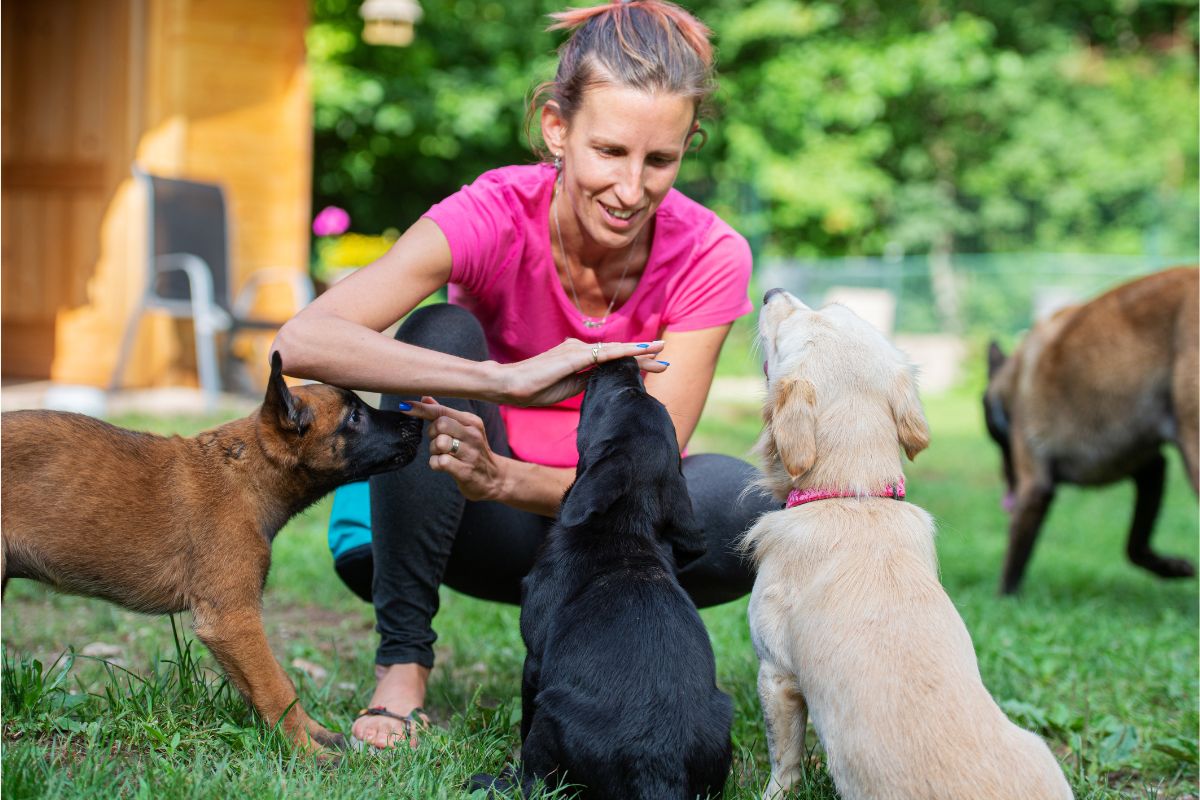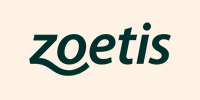Though mischievous puppy behaviour can be entertaining, it may lead to lasting behavioural issues without early socialisation and training. Puppies don’t come with a manual, and that’s why there’s puppy school. Puppy school is designed to give your best friend the best start in life by equipping you with the tools to teach your pup how to be a well-behaved family member. Learn more about puppy school and its benefits to ensure your furry friend grows into a happy, confident, resilient adult dog.
What is puppy school?
The ideal age for puppies to start their first class of puppy school is between 8–12 weeks. Classes typically run for one hour over four or five weeks. Classes are kept small so the trainer can provide individual attention to each puppy and their owner. Throughout the course, you and your puppy will learn basic puppy training skills, socialisation skills, how to prevent problem behaviours and tips on how to keep your puppy happy and healthy. There will be some homework each week, but don’t worry; it will be fun and will help reinforce the training you and your puppy have learned in class.
Early learning and development
During their early months, puppies soak up information and experiences that shape their behaviour for life. Puppy school leverages this crucial development period by teaching them basic commands – such as sit, stay and come – laying the groundwork for advanced training. Additionally, your puppy will grasp proper behaviour and the power of positive reinforcement, all in a safe and controlled environment.
Socialisation opportunities
One of the primary focuses of puppy school is socialisation. Puppies are naturally curious and playful but need guidance to learn appropriate behaviour around other dogs and people. Puppy school introduces them to various experiences, ensuring they build positive associations and learn to interact confidently and politely with different environments, people, and animals.
Positive reinforcement and bonding
Puppy school emphasises positive reinforcement, using treats, praise, and play to encourage desired behaviours. This positive approach fosters a strong bond between you and your puppy, making training an enjoyable and rewarding experience for both.
Expert guidance and support
Enrolling in a puppy school means getting access to trainers who understand canine behaviour and can offer personalised advice. Trainers can address specific concerns, provide guidance on common puppy challenges like biting or chewing, and provide the tools you need to reinforce positive behaviours at home.
Long-term benefits
Investing time and effort in puppy school is a worthwhile investment for the future. Taking the time to socialise your puppy and teach them the basics during their first few months properly lays the groundwork for a well-behaved adult dog.
Are you ready to enrol your puppy in puppy school? Find out if your vet runs puppy school classes and take the first step towards a well-behaved and socialised furry family member.







